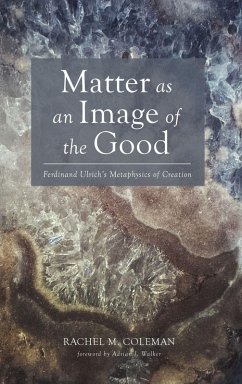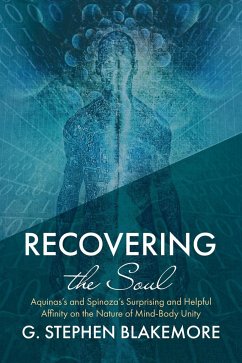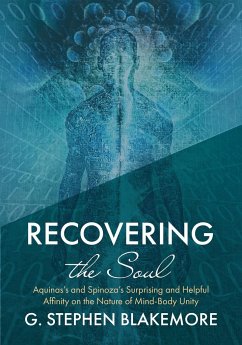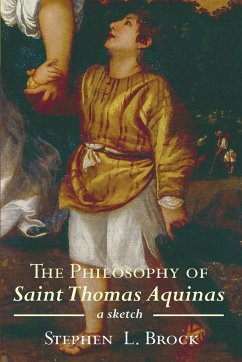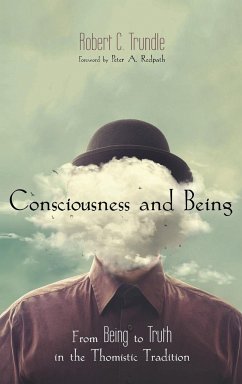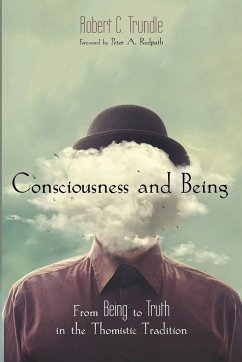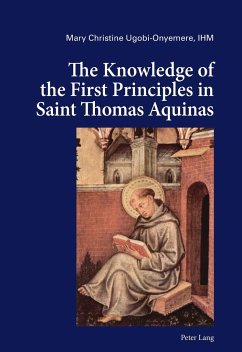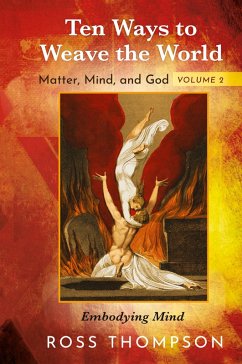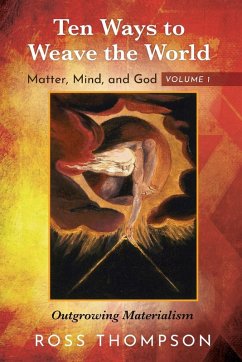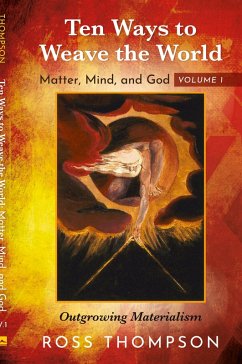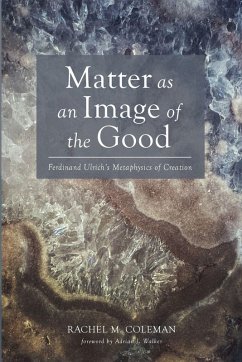
Matter as an Image of the Good

PAYBACK Punkte
10 °P sammeln!
The question of matter has been a quiet but enduring question in our desire to know being—and therefore to know ourselves—since we began to ask questions about the nature of being at all. Indeed, in the Timaeus, Plato writes that matter is only graspable "by some bastard reasoning." The use of this evocative adjective is not meant simply to indicate that matter is bad or the source of all evil, but rather indicates matter’s "middleness": not exactly being itself, but also not nonbeing simpliciter. Thus, thinking about matter cannot happen in the usual way. Ferdinand Ulrich is not a usual...
The question of matter has been a quiet but enduring question in our desire to know being—and therefore to know ourselves—since we began to ask questions about the nature of being at all. Indeed, in the Timaeus, Plato writes that matter is only graspable "by some bastard reasoning." The use of this evocative adjective is not meant simply to indicate that matter is bad or the source of all evil, but rather indicates matter’s "middleness": not exactly being itself, but also not nonbeing simpliciter. Thus, thinking about matter cannot happen in the usual way. Ferdinand Ulrich is not a usual thinker and this book seeks to illuminate Ulrich’s radical way of thinking being and thinking being as gift, which is to say, it seeks to explain Ulrich’s metaphysics of creation. It does so in light of Ulrich’s understanding of matter, which has a central place in his work, and indeed is for Ulrich the test-case for whether any metaphysics is sufficiently radical.



